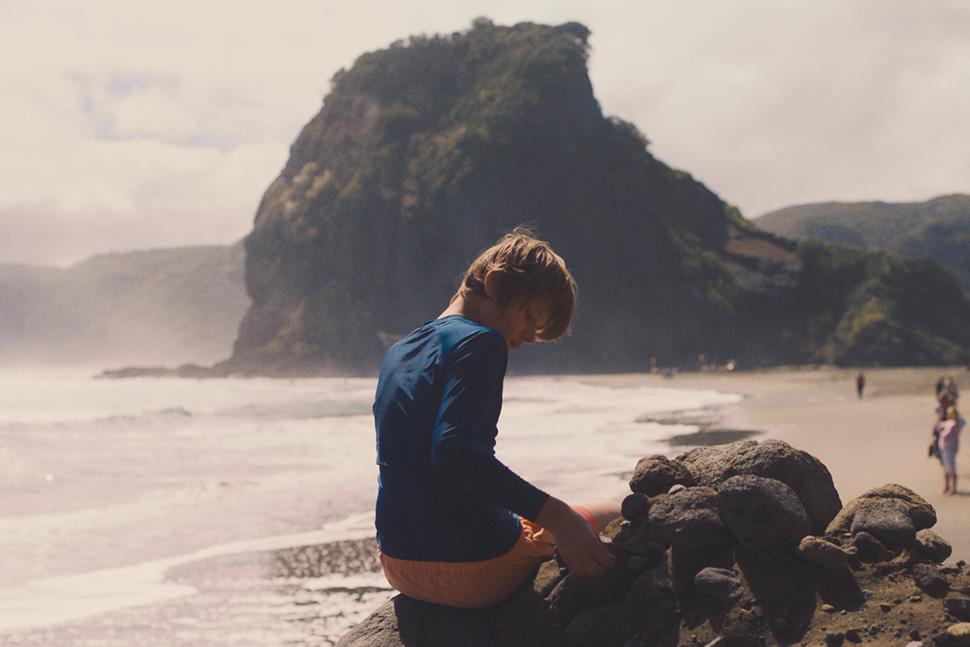

The participants of A Wave In the Ocean—whose cohort is premiering as part of the Orizzonti selection in Venice—reflect on their time at Campion’s film school in New Zealand.
Whilst President of the Short Film Jury at Festival de Cannes in 2013, Jane Campion—eternal pioneer and outstanding auteur—argued for the short film’s exigency in a congested cinematic world. “Shorts are a liberating form,” she wrote. “There is really no limit to what a short can be; an atmosphere, a stab in the dark, a mood, a portrait, a provocation, a whimsy or an event.”
At Campion’s pop-up Wellington film school, A Wave In the Ocean (AWITO), her unwavering belief in the might of the short was used to guide handpicked aspiring filmmakers during an intensive year of learning, workshopping and developing under Campion’s and co-artistic director Philippa Campbell’s wings: a cinephile’s dream come true for participant Mingjian, director of The Girl Next Door. “I remember watching An Angel at My Table and Bright Star, sobbing nonstop, and then feeling so inspired, with an urge to write and create. It was Jane who showed me that from something simple, from something less, I could reach depth and achieve far more than I imagined.”
Within the grandiosity of the Lido’s Sala Casino, seven short films directed by AWITO’s first cohort premiered to a three-hundred-strong audience at the 82nd Venice International Film Festival, with an eighth film – Lion Rock by Prisca Bouchet and Nick Mayow – competing in the official Orizzonti Corti short film strand. A Very Good Boy by Samuel Te Kani, Girl Time by Eleanor Bishop, Socks by Todd Karehana, In Conversation with Jack Maurer by Hash, The Girl Next Door by Mingjian Cui, Kurī by Ana Chaya Scotney and The Brightness by Freya Silas Finch all formed the Biennale’s ‘Tribute To AWITO’, honouring Campion’s mission.
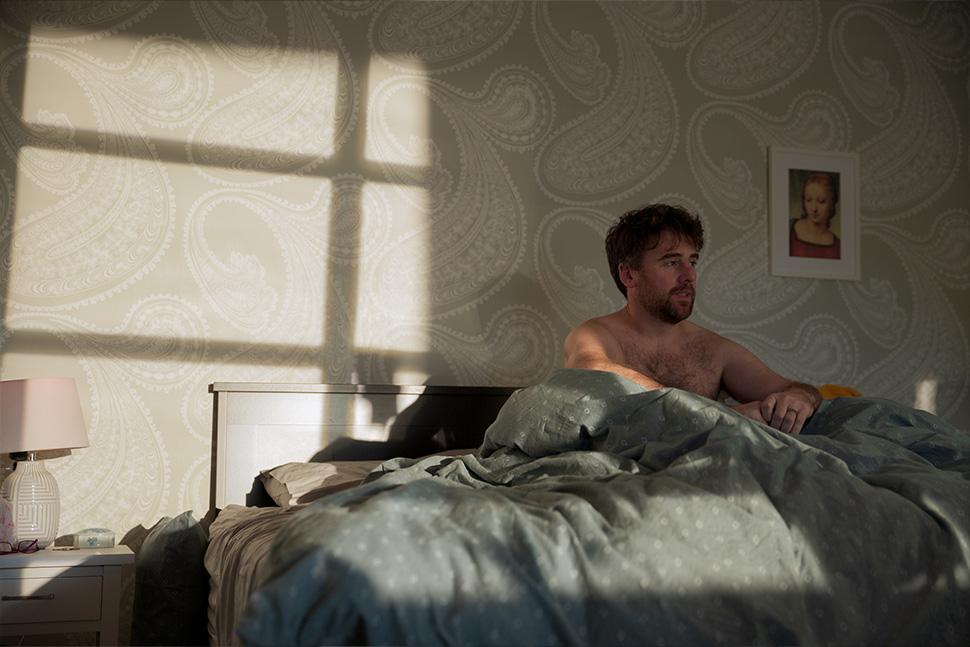
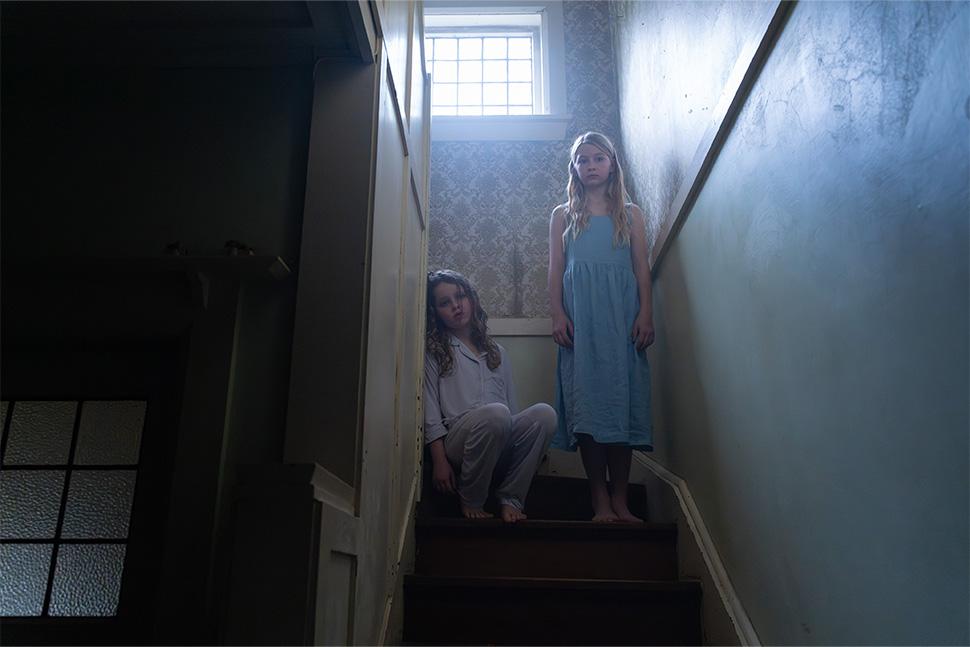
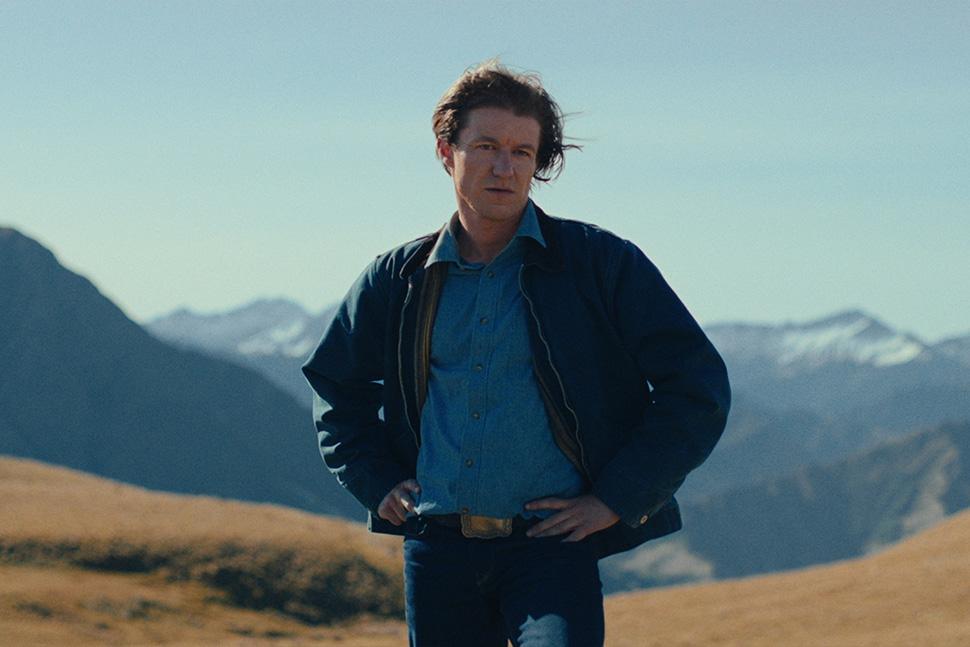
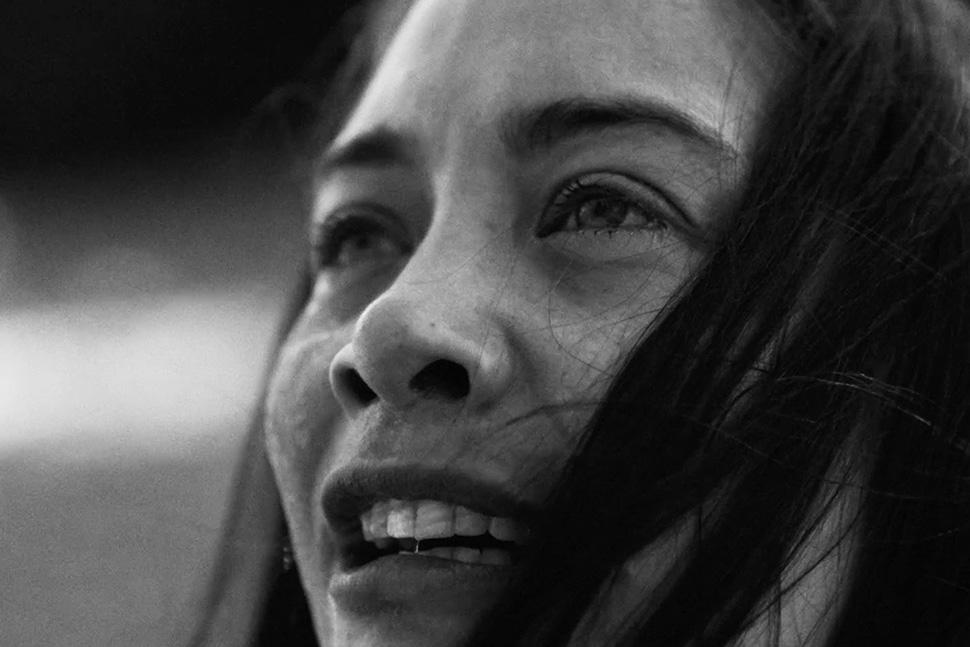


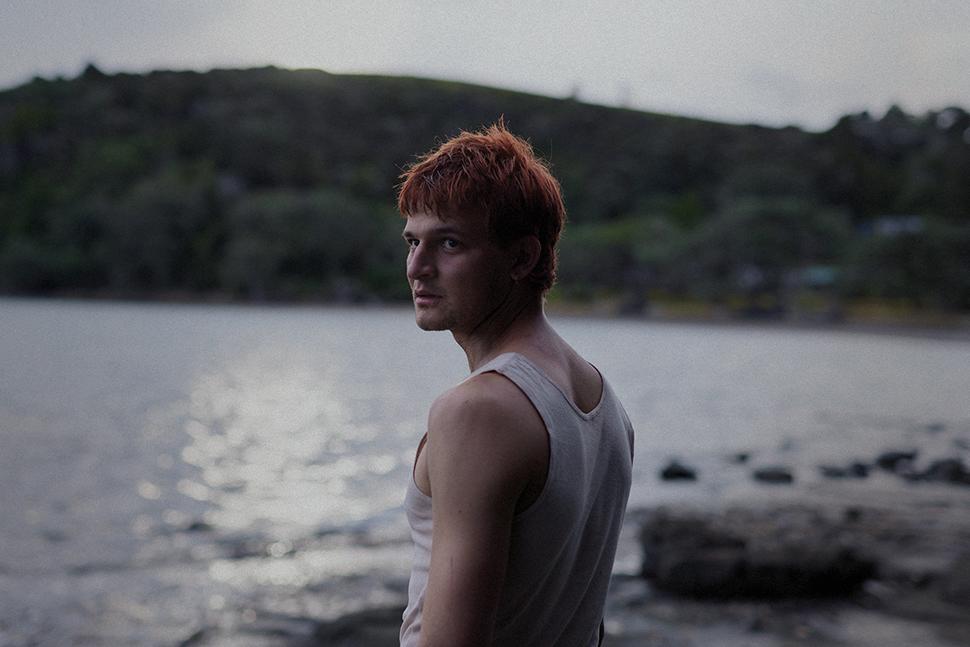
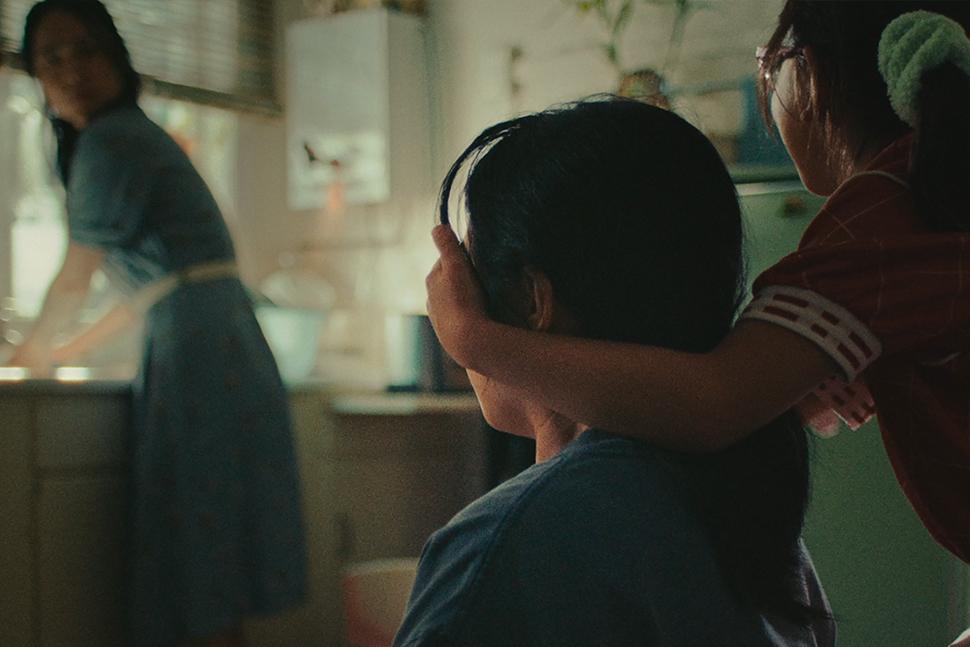
Funded by the New Zealand Film Commission and Netflix, offering participants the time, resources and a stipend to explore their potential as writer/directors, AWITO birthed liberating tales of identity with staunchly interrogative characters. From stories of Mormonism to marital distress, from tales of closeted kinks to crumbling under grief, these directors manage to provoke a re-evaluation of the short film as the ultimate breeding ground of protagonist-led narratives.
“The school was so psyche and dream-focused; prioritising the capacities of our unconscious to help us, as one of the most important superpowers we have as filmmakers,” said Ana, director of Kurī. Fellow participant Eleanor, director of Girl Time, recalls a writing retreat to Tora, a wild beach in Wairarapa, New Zealand, working with Jungian dream coach (and Campion’s collaborator on The Power of the Dog) Kim Gillingham, who famously worked with actor Benedict Cumberbatch on-set.
Eleanor says of her film and the retreat, “I wanted to explore the traumatised mind as an alternative state of consciousness. I could never have written a film that lives in the psyche without the dreamwork experience on Tora. It taught me how to access totally different parts of my creativity and imagination.” Samuel, director of A Very Good Boy, described the retreat as “the intellectual equivalent of a sensory deprivation tank,” echoing Campion’s uniquely unconventional, yet inherently successful, filmmaking methods.
For Todd, director of Socks, the transition from such an absorbent atmosphere of learning and a private twelve months of production to premiering at the world’s oldest film festival is surreal. “I’m currently going through the process of changing my brain to transmit mode; learning to discuss the film with others.” To be adaptive and responsive is to optimise one’s capacity to tell stories, and on these skills, Todd recalls an unexpected workshop: “We selected a creative text and then selected two untrained actors from headshots alone. Over four hours, we worked on tone, mood and tension with them, followed by filming, editing and sharing our methods with the group.”
“I came into the school very fresh, very open—and Jane encouraged us to shoot images on instinct, edit them together intuitively and then add a voiceover: getting away from pre-planning.”
Eleanor Bishop
For Freya, director of The Brightness, sharing work with the cohort was a highlight. “We would watch films together, discussing and analysing them… collaborating and helping one another.” There’s palpable evidence of this collaboration with a close look at the credits of each short film: where one directs, another participant is credited as a script supervisor, or a director’s assistant; with all the participants personally thanked.
Regarding Campion’s approach to narrative, Eleanor recalls the first project at AWITO: a voiceover film. “I came into the school very fresh, very open—and Jane encouraged us to shoot images on instinct, edit them together intuitively and then add a voiceover: getting away from pre-planning.” She recalls noticing changes in her intuition as a storyteller over time: “I remember shooting images of my niece at Christmas and being stunned later by what I had shot, and how I could piece them together from a deep intuitive place within me…it had a special kind of power.”
Director Hash makes it clear that if it wasn’t for the flexibility of Campion’s approach with “freeing” briefs and the encouragement to experiment privately, her film In Conversation With Jack Maurer—focusing on an eponymous fictional tech billionaire—may never have gotten made. “I probably wouldn’t have been able to pursue the idea outside the school…the messaging would have been interfered with.” Samuel shares Hash’s sentiments, not just regarding the final film but the process to get there: “We were allowed to decide what the work looked like for us individually, finding our own clarity and burrowing down into it – it was incredible.”
“I am proud that we will be seeing and hearing a film in both English and Te Reo Māori [the Māori language] shot on our tribal lands, in the rainforest, Te Urewera, playing for its world premiere in Venice.”
Ana Chaya Scotney
For Ana, this creative freedom meshed with the New Zealand Film Commission’s funding particularly manifested as an opportunity to champion the short film as a vehicle of cultural resonance. “I am proud that we will be seeing and hearing a film in both English and Te Reo Māori [the Māori language] shot on our tribal lands, in the rainforest, Te Urewera, playing for its world premiere in Venice.”
Campion’s curation at AWITO also fostered a community for these filmmakers, who gathered at a cozy hub—designed by programme and talent development manager Eloise Veber – each month. Mingjian reminisces over the cohort’s time at the hub together: “The lunches and dinners during each workshop were some of the moments I enjoyed most. At lunch, we would talk about the films or short stories we had just seen or read together. After dinner, we would curl up together on the couches and beanbags at the hub to watch movies.”
These seven short films have now become calling cards for the theatre makers, foley artists, series writers and producers turned short film directors, with first features on the horizon for some—owed to Campion’s purpose-built playground for creative development. Initially united by their hunger for film, then moulded by Campion’s artful hand—each participant is now sui generis, with a wealth of cinematic proficiencies steering them towards their next endeavour.





